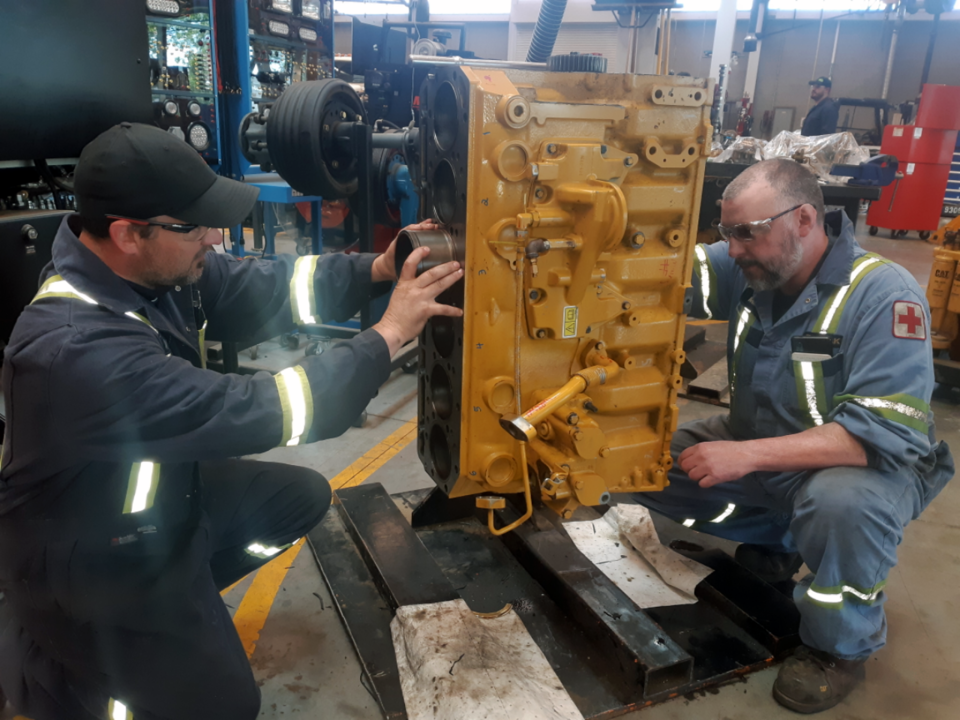B.C. is bringing back compulsory trades certification to address critical shortages of skilled labour, with an estimated 85,000 job openings in those trades expected over the next decade.
As of Dec. 1, 2023 new rules implemented by the province will make it make it mandatory for uncertified workers in seven trades to be registered in apprenticeship programs or be certified as journeyperson.
The transition clock started ticking last Dec. 1st for seven electrical trades – construction electrician, industrial electrician, powerline technician, refrigeration/air conditioning mechanic, gasfitter A and B, steamfitter/pipefitter and sheet metal worker.
Three mechanical/automotive trades – heavy duty equipment technician, automotive service technician and auto body/collision technician – are slotted for Phase 2 implementation in 2024.
The 10 trades were chosen to allow for the least disruption. Those workers are in demand, most are already certified and each of those trades is already regulated within the industry to ensure safety and workmanship.
“Those trades were deliberately picked because, in a 20-year absence of compulsory trades you can’t just flip the switch and bring things up to a compulsory nature overnight,” said Rob Bianchini, chief strategy officer for SkilledTradesBC.
To explain the certification program, SkilledTradesBC is hosting an open house Wednesday from 4-6 p.m. at the Marriott Courtyard.
Bianchini has heard from rural workers concerned about lacking access to trades schools and the implications of having to move to larger cities for training.
“The trades training pathway is 80 per cent on the job and 20 per cent in schools, so relatively speaking the school component is small,” said Bianchini. “We’ve heard concerns about people in remote communities having to travel for training and I do want to make people understand there’s a lot of support for apprentices. There’s grants and connections with WorkBC on getting assistance to attend school.”



